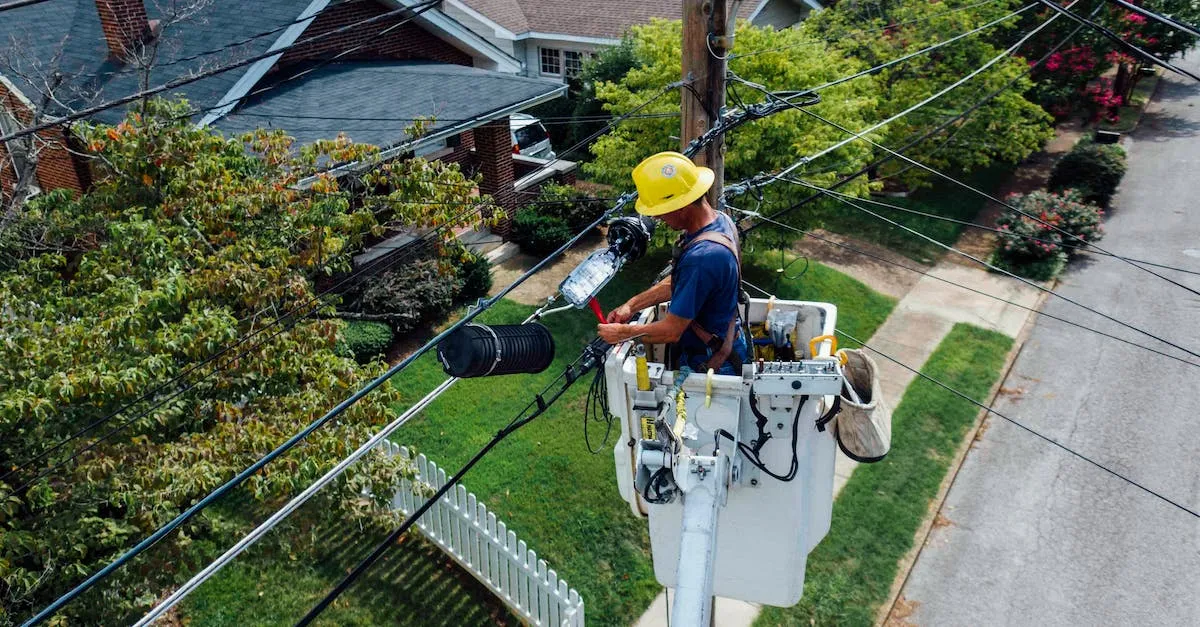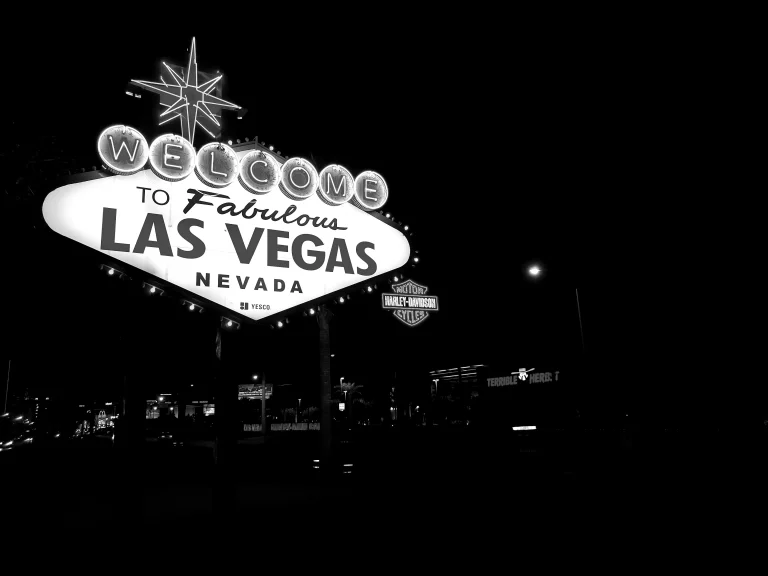Can You Do Electrical Work Without A License In Texas?
Doing your own electrical work can save you money, but failing to follow proper licensing and permitting rules can cost you dearly. We’ll cover everything you need to know about DIY electrical work and licensing laws in Texas.
If you’re short on time, here’s a quick answer to your question: Most electrical work in Texas requires a license, but there are a few minor exceptions that homeowners are allowed to do themselves without a license.
What Electrical Work Requires a License in Texas?
Electrical work in Texas is regulated by the Texas Department of Licensing and Regulation (TDLR). To ensure safety and compliance with state regulations, certain types of electrical work require a license. Here are the key areas where a license is required:
New electrical installations and wiring
If you are planning to install new electrical systems or wiring in Texas, it is important to hire a licensed electrician. This includes installing electrical systems in new constructions, such as residential or commercial buildings.
A licensed electrician has the necessary knowledge and expertise to handle the complex wiring requirements and ensure the safety of the installation.
Upgrading service panels or installing new panels
When it comes to upgrading service panels or installing new panels, a license is required in Texas. Service panels are responsible for distributing electrical power throughout a building. Upgrading or installing new panels involves working with high-voltage electricity, which requires specialized skills and knowledge.
A licensed electrician can ensure that the work is done safely and up to code.
Installing new circuits, outlets, lighting fixtures
If you need to install new circuits, outlets, or lighting fixtures in your home or business, it is recommended to hire a licensed electrician. Electrical circuits carry electrical current to power various devices and appliances.
Improper installation can lead to electrical hazards, such as short circuits or electrical fires. A licensed electrician will have the expertise to safely install these electrical components.
Rewiring existing circuits
Rewiring existing circuits is another area where a license is required in Texas. Over time, electrical wiring can deteriorate, leading to potential safety hazards. Licensed electricians are trained to identify and address these issues.
Whether you need to replace outdated wiring or repair faulty circuits, a licensed electrician can ensure that the job is done correctly and safely.
It is important to note that attempting to do electrical work without a license in Texas is illegal and can result in fines and penalties. Additionally, unlicensed work may not be covered by insurance, leaving you liable for any damages or accidents that may occur.
If you need electrical work done in Texas, always hire a licensed electrician to ensure the safety and quality of the work. The TDLR website (www.tdlr.texas.gov) provides a searchable database where you can verify the license status of electricians.
What Electrical Work Can You Do Without a License in Texas?
When it comes to electrical work, it’s important to understand the regulations in your state to ensure you are operating within the law. In Texas, there are certain types of electrical work that you can do without a license.
However, it’s crucial to remember that electrical work can be dangerous, and it’s always recommended to hire a licensed professional for more complex and high-risk tasks.
Minor repairs like replacing switches, outlets, and light fixtures
If you’re dealing with minor electrical issues in your home, such as replacing a faulty light switch, outlet, or light fixture, you can typically handle these repairs without a license in Texas. These types of repairs are considered to be relatively simple and low-risk, but it’s still important to exercise caution and follow proper safety protocols.
If you’re unsure about the complexity of the repair, it’s always best to consult with a licensed electrician.
Landscape lighting
Adding landscape lighting to your property can enhance its beauty and security. In Texas, you can install low-voltage landscape lighting without a license. Low-voltage lighting systems operate at less than 30 volts, which reduces the risk of electrical shock.
However, it’s important to ensure that you follow the manufacturer’s instructions and adhere to any local building codes or regulations. If you’re unsure about the installation process, it’s advisable to seek guidance from a professional.
Low-voltage wiring like doorbells, alarm systems, TV cables
When it comes to low-voltage wiring, such as doorbell installation, alarm systems, and TV cables, you can typically handle these tasks without a license in Texas. These types of wiring projects are considered to be relatively simple and low-risk.
However, it’s important to keep in mind that even low-voltage systems can cause harm if not installed correctly. It’s always best to follow the manufacturer’s instructions and consult with a professional if you’re unsure about any aspect of the installation process.
It’s important to note that while some electrical work can be done without a license in Texas, there are limitations. For more complex projects or tasks involving high voltage, it’s always best to hire a licensed electrician.
They have the knowledge, skills, and experience to ensure the work is done safely and up to code.
For more information on electrical regulations in Texas, you can visit the official website of the Texas Department of Licensing and Regulation.
Consequences of Unlicensed Electrical Work in Texas
Fines up to $500 per violation per day
Engaging in unlicensed electrical work in Texas can result in hefty fines. If caught, individuals may be fined up to $500 per violation per day. These fines can quickly add up, causing financial strain and potential legal troubles.
It’s important to understand that electrical work should only be carried out by licensed professionals to avoid these costly consequences.
Having to redo unpermitted work up to code
One of the consequences of unlicensed electrical work in Texas is the requirement to redo the work up to code. If the unpermitted work does not meet safety standards or violates local building codes, it will need to be redone properly.
This not only wastes time and money but also puts the safety of the property and its occupants at risk. Hiring a licensed electrician from the start ensures that the work is done correctly and in compliance with regulations.
Voiding your homeowners insurance
Engaging in unlicensed electrical work can have serious implications for your homeowners insurance coverage. If an unlicensed electrical installation or repair leads to property damage or injury, your insurance provider may deny your claim.
This means you could be left to cover the costs of repairs or medical expenses out of pocket. It’s crucial to hire a licensed electrician to protect yourself, your property, and your insurance coverage.
Injuries or fire from faulty work
One of the most significant risks of unlicensed electrical work is the potential for injuries or fires caused by faulty workmanship. Improperly installed or repaired electrical systems can lead to electric shocks, electrocution, or even house fires.
These incidents can result in severe injuries, property damage, or loss of life. Hiring a licensed electrician ensures that the work is done safely, minimizing the risk of accidents and ensuring the protection of your property and loved ones.
It is important to note that the information provided here is for educational purposes only. For legal advice, it is recommended to consult with a licensed attorney or refer to official resources such as the Texas Department of Licensing and Regulation.
How to Get Licensed for Electrical Work in Texas
Master electrician license requires experience and exam
If you are looking to become a licensed electrician in Texas, the first step is to obtain a master electrician license. To qualify for this license, you must have a minimum of 12,000 hours of practical experience in electrical work under the supervision of a licensed master electrician.
This experience can be gained through working as an apprentice or journeyman electrician. Once you have the required experience, you will need to pass the master electrician exam, which tests your knowledge and skills in various areas of electrical work.
Residential wireman license for homes under 3 stories
If you are interested in working on residential electrical projects, you may consider obtaining a residential wireman license. This license allows you to work on electrical systems in single-family homes, duplexes, and townhouses that are three stories or less in height.
To obtain this license, you must complete a minimum of 4,000 hours of practical experience in residential electrical work under the supervision of a licensed master electrician. Additionally, you will need to pass the residential wireman exam, which focuses on residential electrical codes and practices.
Apprentice license to work under master electrician
If you are just starting your journey in the electrical trade, you can begin by obtaining an apprentice license. This license allows you to work under the supervision of a licensed master electrician or a licensed journeyman electrician.
It is a great way to gain hands-on experience and learn the necessary skills to become a licensed electrician in the future. To obtain an apprentice license, you will need to register as an apprentice with the Texas Department of Licensing and Regulation and complete the required number of classroom hours and on-the-job training.
It is important to note that electrical work without a license is illegal in Texas. Engaging in electrical work without the proper license can result in fines, penalties, and even legal consequences. Therefore, it is crucial to follow the necessary steps to obtain the appropriate license before performing any electrical work.
For more information on licensing requirements and procedures, you can visit the official website of the Texas Department of Licensing and Regulation at https://www.tdlr.texas.gov/electrician/faqs.htm.
Conclusion
While Texas allows homeowners some leeway for minor electrical repairs, most electrical work requires proper licensing and permits. Don’t take risks by doing extensive electrical work as an unlicensed DIYer. Consult a licensed electrician instead to ensure your safety and avoid legal penalties.








